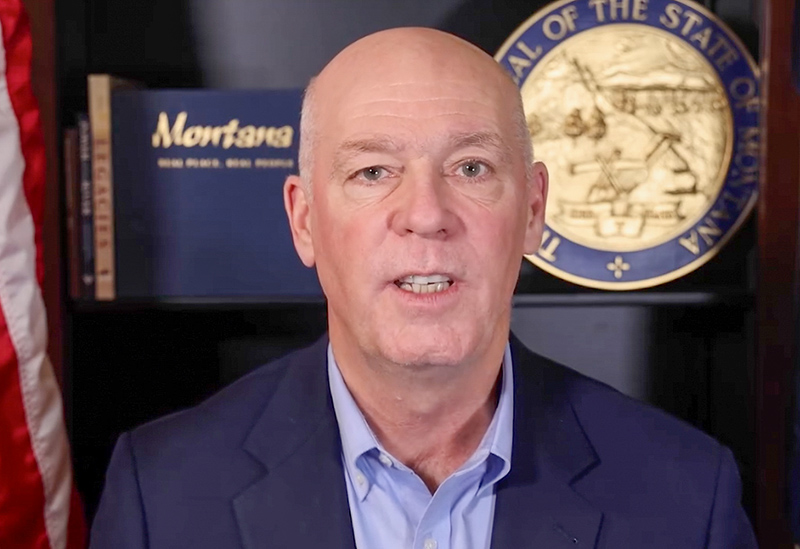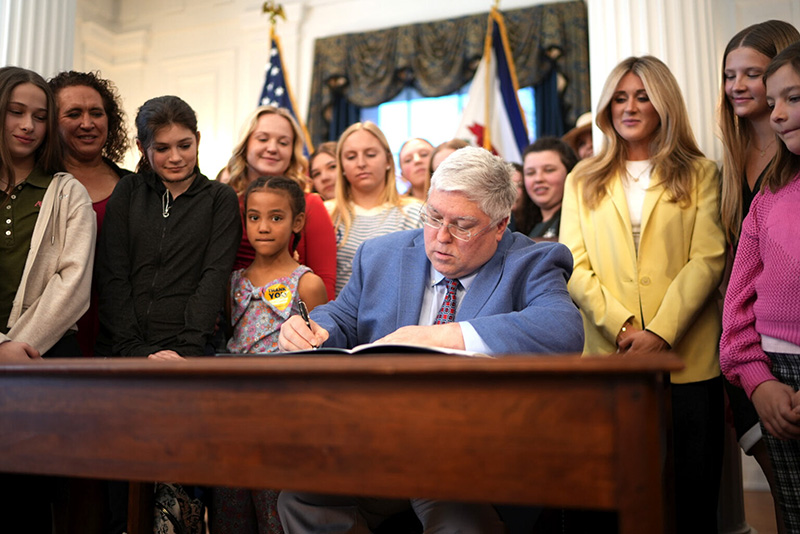Texas Man Sentenced to 48 Years for Murdering Muhlaysia Booker
Kendrell Lyles pleaded guilty to the 2019 Dallas murder of Booker, a transgender woman, ahead of his trial.

A Dallas-area man charged in the fatal 2019 shooting of a transgender woman has been sentenced to 48 years in prison.
Kendrell Lyles, 37, pleaded guilty to shooting Booker, who was 22 at the time of the incident, just before jury selection in his trial.
Booker’s body was found on a Dallas street on the morning of May 18, 2019. She had recently spoken out about being attacked by an angry mob following a minor car accident in front of a local apartment complex.
Police said they identified Lyles as the suspect in Booker’s murder while investigating the deaths of a man and a woman killed in two separate shootings in the days around Booker’s death.
Lyles has also been charged in those deaths. Neither of the other two victims identified as transgender, according to The Associated Press.
According to police, Booker got into a vehicle matching the description of a car driven by Lyles about three hours before the discovery of her body. A witness who saw her told investigators that Lyles would frequently visit the area to meet with transgender sex workers.
Police were also able to discover that Lyles’s and Booker’s phones had been traveling together around the time she was killed. Lyles had her phone in his possession after the body was found.
Richard Franklin, an attorney for Lyles, said that his client’s guilty plea in the death of Booker “was the right result,” although he was unable to offer a motive for the shooting.
In response to Lyles’s guilty plea, Stephanie Houston, Booker’s mother, expressed relief at finally having a resolution.
“No amount of time can bring Muhlaysia back, and although we wish the sentence was capital punishment, our family can finally have some sense of closure knowing that justice was served and he can’t cause any more families hurt and pain,” Houston said in a statement.
Ahmad Goree, the board president for the Muhlaysia Booker Foundation, which Houston started to help transgender people following her daughter’s death, thanked police and the district attorney’s office for their attempts to get a conviction.
“We hope this sentence sends a message that trans lives matter and those who decide to do this community harm will face justice,” Goree said in a statement.
Booker’s death attracted significant attention, in part due to a video of her being attacked and beaten that went viral one month before her murder.
At the time, many LGBTQ advocates — including Booker herself, who spoke at a rally to protest the attack — noted that that type of violence can be very common for transgender individuals and may often result in death or serious injury

In the video, a group of men attack Booker, throwing haymakers and yelling anti-gay slurs at her, even after she loses consciousness.
A group of women intervene and carry Booker’s limp body to safety. Booker was hospitalized and treated for a broken wrist, several face fractures, and a concussion.
One of the men in the video, Edward Thomas, was accused of following Booker to an apartment complex after the two were involved in a minor car accident, and Booker, fearing for her safety, fled the scene. Thomas was ultimately convicted of misdemeanor assault by a jury, and sentenced to 300 days in jail, including time served.
LGBTQ advocates have noted that Booker’s assault and her murder both illustrate the type of anti-transgender animus and violence that transgender individuals may face — with many incidents often going unreported or, in some cases, where the victim’s transgender identity is never made public due to misgendering by police or media outlets.
Since 2013, the Human Rights Campaign has identified at least 334 transgender or gender-nonconforming individuals killed by violence in the United States.
Three-quarters of those victims have been transgender women of color, with the majority being Black transgender women.
Almost 10% of those violent deaths took place in Texas — more than any other state.
“This is just one of hundreds of cases that we’ve reported on over the years — and those are just the cases that we know about,” Tori Cooper, the director of community engagement for the Human Rights Campaign’s Transgender Justice Initiative, told the Associated Press.
Support Metro Weekly’s Journalism
These are challenging times for news organizations. And yet it’s crucial we stay active and provide vital resources and information to both our local readers and the world. So won’t you please take a moment and consider supporting Metro Weekly with a membership? For as little as $5 a month, you can help ensure Metro Weekly magazine and MetroWeekly.com remain free, viable resources as we provide the best, most diverse, culturally-resonant LGBTQ coverage in both the D.C. region and around the world. Memberships come with exclusive perks and discounts, your own personal digital delivery of each week’s magazine (and an archive), access to our Member's Lounge when it launches this fall, and exclusive members-only items like Metro Weekly Membership Mugs and Tote Bags! Check out all our membership levels here and please join us today!
























You must be logged in to post a comment.